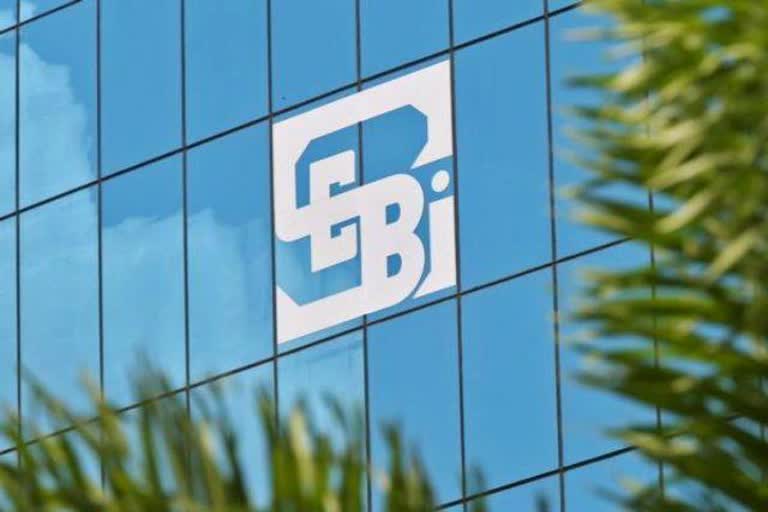Mumbai: A day after technical glitches halted trading at NSE for around four hours, market regulator Sebi on Thursday affirmed it will take all necessary measures to ensure the underlying causes, including "institutional deficiencies", are addressed.
In a statement, the regulator said the decision to stop trading in its entirety was taken by the largest stock bourse NSE due to "issues with the telecom service providers" and Sebi was informed of it only 10 minutes ahead of the halt of trade on Wednesday.
"Sebi would take all necessary measures to ensure rectification of the underlying causes including addressing institutional deficiencies," the statement said, elaborating on the steps which are required to be taken by market infrastructure institutions (MII) like NSE after a technical issue.
Stating that a root cause analysis report has already been sought from NSE, it said an MII has to submit a detailed root cause analysis to Sebi in a time-bound manner after due vetting by the Technology Committee and Governing Board of the MII. This report is then placed before a technical advisory committee of Sebi.
The Sebi framework for MIIs also has provisions for a monitoring mechanism for ensuring corrective action along with appropriate penalty wherever warranted, the watchdog said.
Sebi, which had on Wednesday sought an explanation from NSE as to why trading did not shift to the disaster recovery site, on Thursday said MIIs are required to carry out live trading from disaster recovery sites for two consecutive days every six months, apart from having to conduct quarterly disaster recovery drills in order to ensure business continuity.
Also read: Rs 80 lakh cr public money at risk if PSBs privatised: UFBU
Additionally, in order to ensure the robustness and integrity of the technology systems, MIIs like NSE are required to carry out comprehensive annual systems audit.
The audit report is required to be vetted by the Technology Committee and the Governing Board, the statement said.
Sebi said at 1130 hrs on Wednesday, NSE informed it about a decision to shut down trading at 1140 hrs after the exchange had informed the same to the market.
It added that the decision was taken by NSE "based on its own internal assessment regarding the severity of the technical issues it was experiencing at that time."
Later, market participants were notified at 1517 hrs that trading will resume at 1530 hrs and go on till 1700 hrs, the Sebi statement said.
Sebi said its interoperability framework allowed market participants to continue their transactions at other stock exchanges, thereby allowing them to seamlessly trade/square off their existing positions. It cited an eight-time increase in BSE's equity segment volumes at Rs 40,600 crore as evidence of the same.
Over and above the interoperability framework, which facilitates a market participant to trade on multiple trading platforms, the decision to extend the market timings also enabled investors to square off their existing positions, it added.
(PTI)
Also read: Retail loans to remain most affected due to pandemic: Moody's



